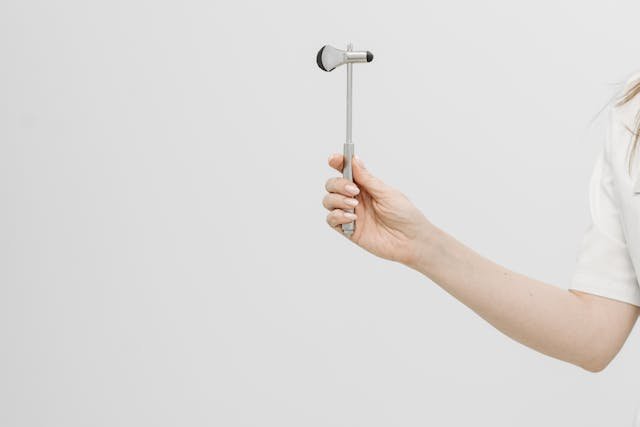Homeopathy for Managing Peripheral Neuropathy in Chemotherapy Patients

Peripheral neuropathy is a common side effect of chemotherapy, characterized by nerve damage leading to pain, tingling, and numbness in the extremities. Homeopathy offers a holistic approach to alleviate these symptoms and improve the quality of life for chemotherapy patients.
Understanding Peripheral Neuropathy from Chemotherapy
Chemotherapy-induced peripheral neuropathy (CIPN) can cause various symptoms:
- Pain: Burning, sharp, or shooting pain in the hands and feet.
- Tingling and Numbness: “Pins and needles” sensation or loss of sensation.
- Muscle Weakness: Difficulty in motor coordination and muscle strength.
- Sensitivity: Heightened sensitivity to touch and temperature.
How Homeopathy Can Help Manage Peripheral Neuropathy
Homeopathy treats individuals holistically, focusing on both the symptoms and underlying causes of CIPN. Its approach includes:
- Personalized Remedies: Tailored to the patient’s unique symptoms and overall health.
- Supportive Care: Stimulating the body’s natural healing processes.
- Minimal Side Effects: Using natural substances in highly diluted forms to minimize adverse effects.
Common Homeopathic Remedies for Peripheral Neuropathy
Several homeopathic remedies are commonly used to manage symptoms of CIPN:
- Hypericum Perforatum (St. John’s Wort): Effective for nerve pain and injuries.
- Arsenicum Album: Helps with burning pains and sensitivity.
- Causticum: Used for muscle weakness and chronic nerve damage.
- Phosphorus: Beneficial for numbness and tingling sensations.
- Aconitum Napellus: Helps with sudden onset of pain and anxiety related to nerve issues.
Benefits of Homeopathy in Treating Peripheral Neuropathy
Alleviating Neuropathic Symptoms
Homeopathy can effectively manage and reduce symptoms caused by CIPN, such as:
- Pain relief
- Reduced tingling and numbness
- Improved muscle strength and coordination
Promoting Nerve Healing
Homeopathic remedies support the body’s natural healing mechanisms, facilitating nerve repair and regeneration:
- Enhanced nerve function
- Reduced inflammation
- Mitigated long-term nerve damage
Complementing Conventional Care
Homeopathy can work alongside conventional treatments to provide comprehensive care:
- Reducing dependence on pain medications
- Enhancing overall treatment outcomes
- Offering a non-invasive, gentle approach
Emotional and Psychological Support
Peripheral neuropathy can be distressing for patients. Homeopathy also focuses on:
- Reducing anxiety and stress related to nerve damage
- Improving overall well-being and mood
- Supporting mental and emotional resilience
Integrating Homeopathy into Chemotherapy Care
To achieve the best results, homeopathy should be integrated with conventional chemotherapy care. This involves:
- Collaboration with oncologists and neurologists
- Ensuring remedies do not interfere with chemotherapy
- Regular monitoring and adjustment of treatment plans
Choosing a Qualified Homeopathic Practitioner
Patients should seek a licensed and experienced homeopathic practitioner to ensure safe and effective treatment:
- Proper diagnosis and remedy selection
- Personalized treatment plans
- Professional oversight and support
Research and Evidence
While more research is needed to fully validate the effectiveness of homeopathy for CIPN, existing clinical experiences and preliminary studies show promising results in alleviating symptoms and promoting nerve health.
Conclusion
Homeopathy offers a viable complementary option for managing peripheral neuropathy in chemotherapy patients. By focusing on both symptom relief and underlying healing processes, homeopathic remedies can significantly improve nerve health and overall quality of life. When integrated with standard medical practices and guided by qualified practitioners, homeopathy can be a valuable part of comprehensive care for those facing the challenges of chemotherapy-induced peripheral neuropathy.

